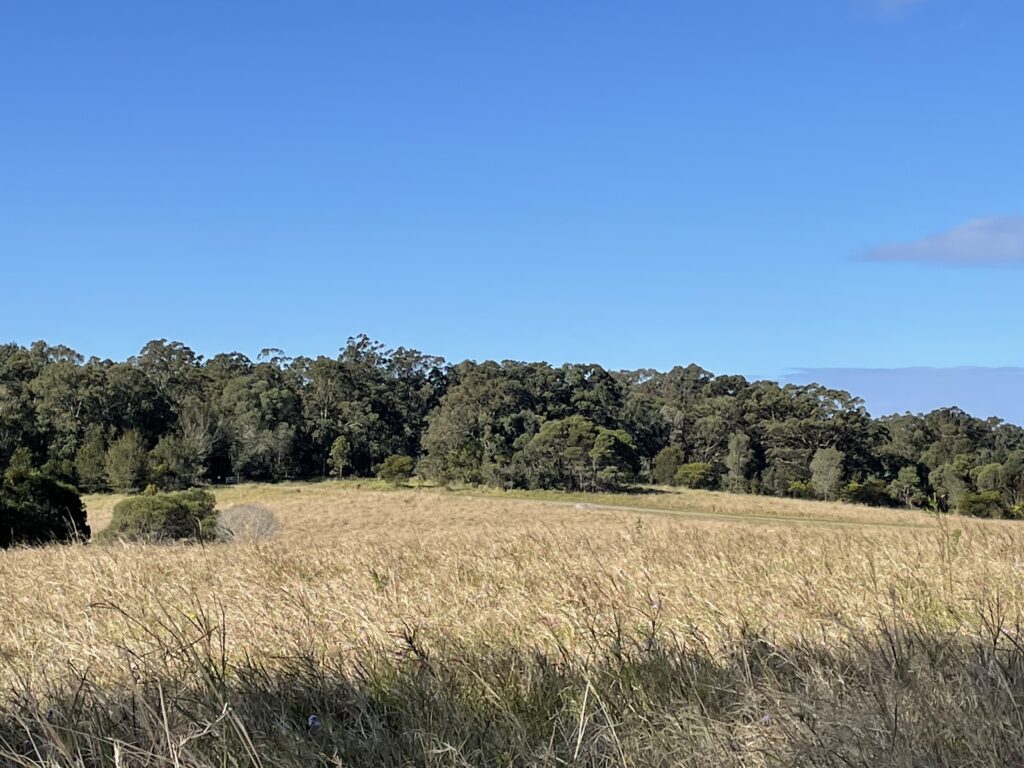Celebration
Finally, let us not neglect the celebration of old age, which gets less prominence in our culture than either the bad news or the ever-youthful evasions of it. What we celebrate is the accumulated wisdom of just having lived so long. As opposed to the negativity of ageism this is our contribution to a fast-moving culture which is becoming increasingly disorientated.
For my part, I am deeply grateful to have made it through seventy-three years. There’s doubtless more to come yet, but I do feel a sense of completion in looking back down the travelled road, and all that has been learnt, achieved and contributed.
There are, of course, also the follies, regrets and wrong turnings. But, by old age, if we have been guilty, we have now been guilty for long enough, and it is time to close any unfinished business both with people whom we feel we have wronged and those we believe have wronged us.
Now or never is the time to make peace with our past. One by one we need to invite these people in (alive or dead), and visualize ourselves standing in their shoes, listening to what they need to say. We can then offer our final apologies or forgiveness.
We should not dismiss or condone the ingrained follies which may have disfigured our lives. But after we have made whatever atonement is called for, we should let them go.
Otherwise, they can continue to shackle us with a guilt which can disable the creative opportunities of our old age. And if we continue to blame others, we may perversely prefer to go on living with such an obsession rather than facing the scary freedom of taking full responsibility for ourselves. I believe it is healing to honour at least some of our follies, even as we regret them, as having their own logic in the unfolding of our lives.
There is much to celebrate about the inner resources we now have and which we probably lacked in earlier years.
There is the self-reliance which comes from having weathered so many of the storms of life.
There is also a deeper appreciation of the complexity of life’s situations, and of their problematic character.
This makes for greater tolerance, wiser solutions, and amused detachment.
And for many, life is lived more of a piece, in contrast to the separate and sometimes conflicting roles which we may have had to sustain when younger
There is an old French proverb, vient la mort on danse, as death approaches, we can dance.
By now we have probably done most of the things we are supposed to do and ought to do.
At last, we are free, variously, to idle, to contemplate, to explore, to take risks, to take off – all in a relaxed and creative way.
How very sad if we continue to drive ourselves with all our old habitual imperatives, on which we may have covertly become so dependent that we may have difficulty giving them up.
What a pity to have had the good fortune to have lived to be so old and yet to remain trapped in whom we were, without being able to step out into the new life that awaits us!
A single moon
Bright and clear
In an unclouded sky:
Yet still we stumble
In the world’s darkness
– Zen Master Ikkyu
Source: Based on excerpt taken from Jones, Ken. Ageing: The Great Adventure (A Buddhist Guide). Published by The Buddhist Hospice Trust.
https://buddhisthospice.org.uk/books/
This 32-page pamphlet by Ken Jones shows how to make a work of art of ageing and dying, as the greatest adventure of our lives. It also draws attention to the snares and delusions, and has some controversial and down-to-earth things to say about dying. It ends with a celebration of old age. Although written from a Buddhist standpoint, it aims to be accessible and helpful to people of all spiritual beliefs and none.

Joan Chittister, a Benedictine nun, has written an excellent book about aging titled The Gift of Years. Here is a passage from it:
“We have every right to live in gratitude for all the stages of life that brought us here, for all the memories that give us great joy, the people who helped us get this far, the accomplishments we carved on our hearts along the way. These experiences cry out to be celebrated. They are no more past than we are. They live in us forever.”
We usually define gratitude as how we appreciate things. Yet when my Buddhist teacher Suzuki spoke of gratitude, he said, “Gratitude is this moment.”
Some people thought this was because his English wasn’t so good, but I don’t think so. He knew what he wanted to say. Gratitude is not just appreciation; it is part and parcel of our being here. We don’t need to pluck gratitude off the shelf and draw it close. It is already close.
(Lewis Richmond, Aging as a Spiritual Practice: A Contemplative Guide to Growing Older and Wiser)
